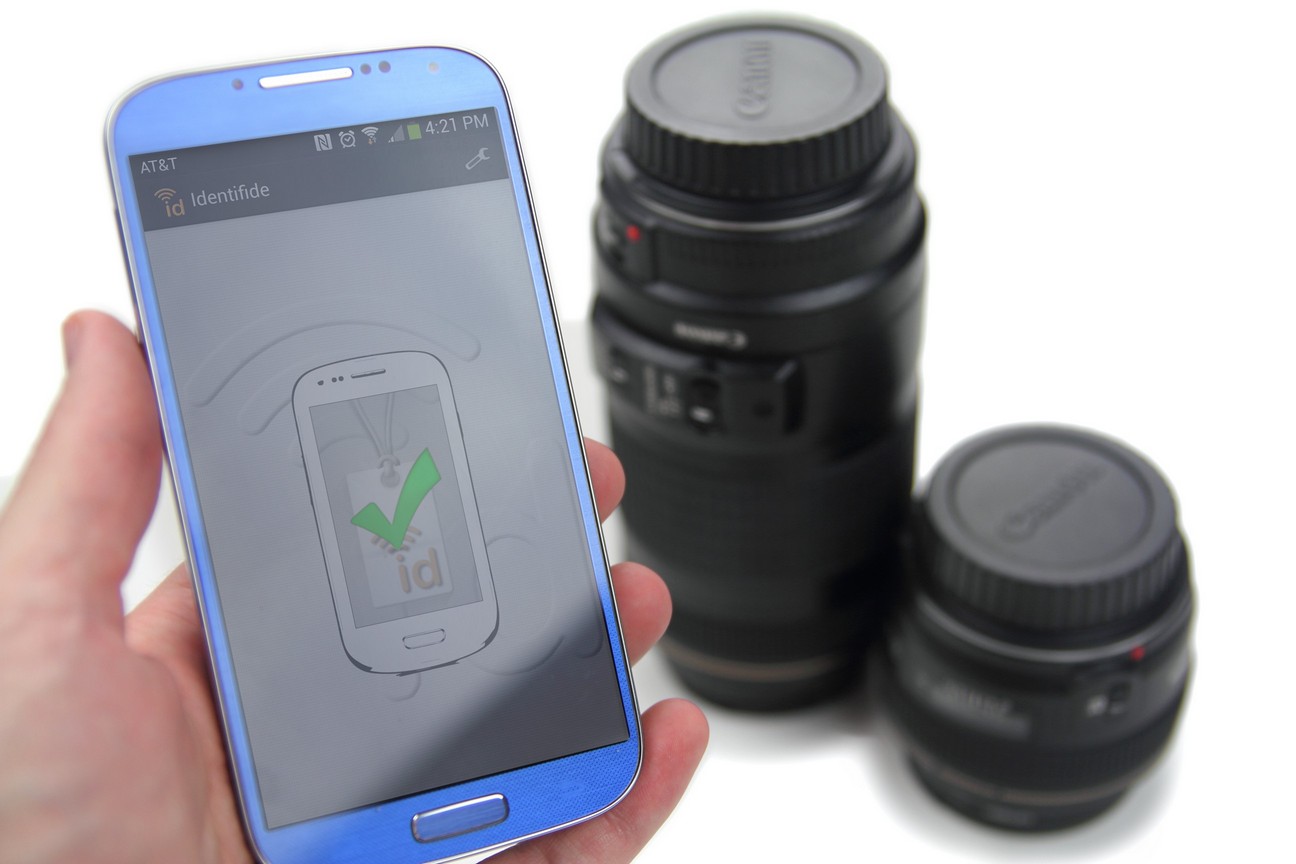Counterfeiting is just a luxury goods problem right? Not anymore!
Counterfeit products are in virtually every industry – clothes, drinks, food, pesticides, electronics, toys, shoes, auto parts, pharmaceuticals, currency, transportation tickets, concert tickets, cigarettes, alcohol, toiletries, building materials, and more.
Identifide protects your product and your customer by verifying authenticity and integrity throughout the supply chain.


